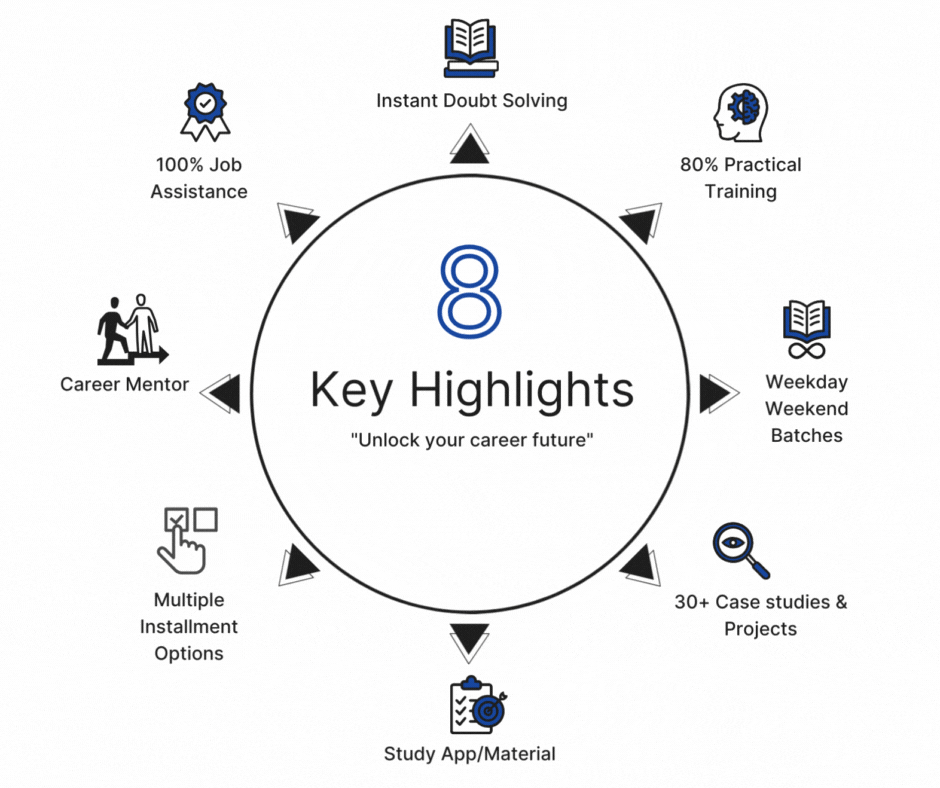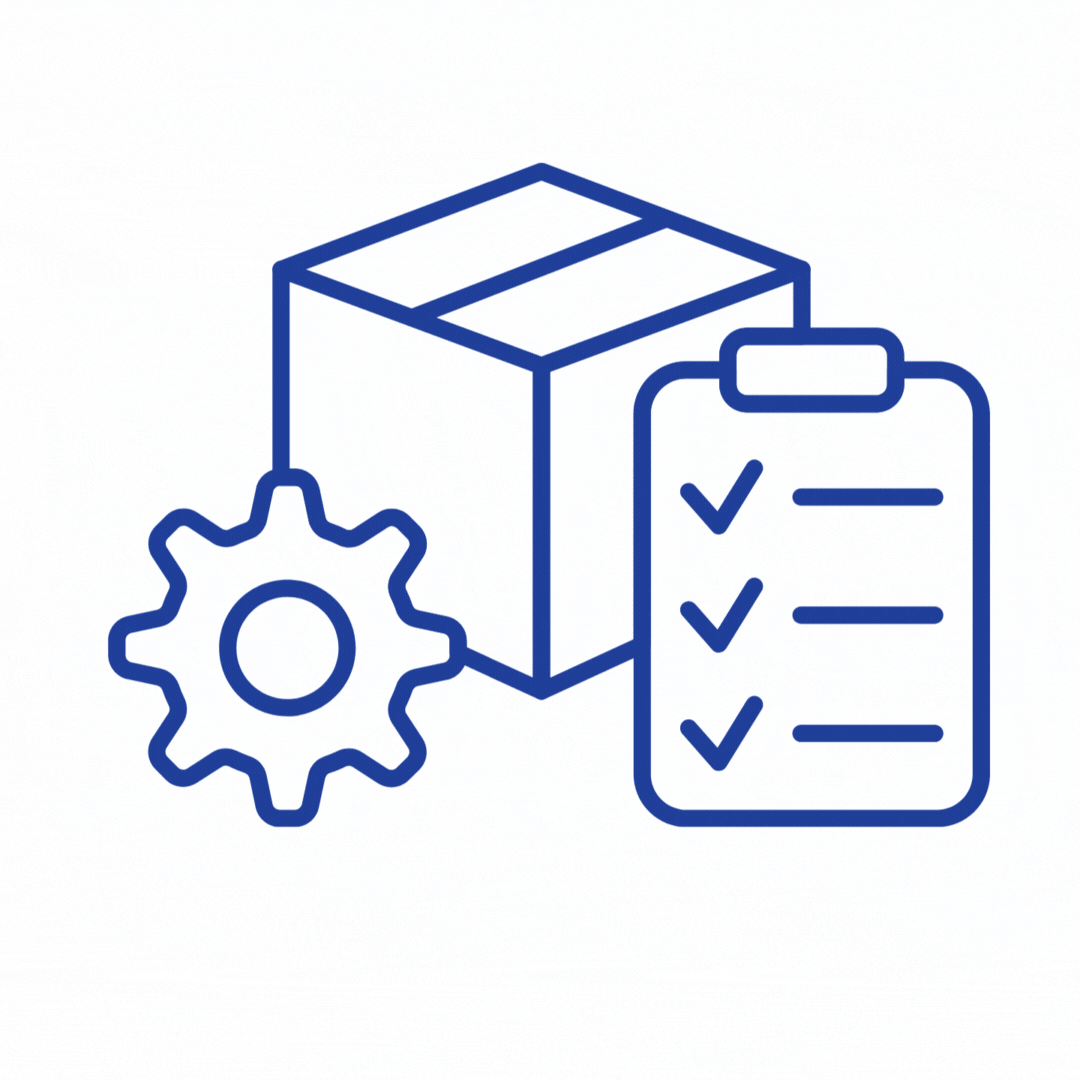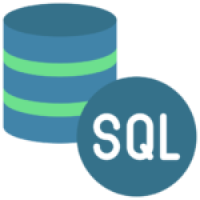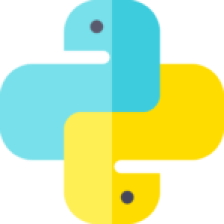
3 Months

23 +

Live & Offline
 Program Path
Program Path
 Mentors Details
Mentors Details
MERN stack development is a widely famous full-stack development framework.
MERN Stack is a collection of powerful technologies and robust, used to develop scalable master web applications
comprising backend, front-end, and database components.
It is JavaScript that is used for the faster and easier development of full-stack web applications.
MERN Stack is a technology that is a user-friendly full-stack JavaScript framework for building applications and dynamic websites.
The majority of developers desire to be full-stack developers since they can freely design an end-to-end application and have more and sharper skills than other developers.
• Introduction to Business
• Industries and Business Characteristics
• Approach to learn anything in business
• Horizontal and Verticals in Industries
• Industry to Information
• Understanding Business Process
• High Level View of a Company / Organization
• Seven Cs of Communication
• Tenses
• Redundant Words
• Similar Sounding Words
• Common Grammar Mistakes
• Common Mistakes
• Introduction to html
• Html Building Blocks
• Attributes & Elements
• Tags
• Images and Links
• Tables
• Lists
• Form
• MultiMedia
• Introduction to CSS
• Inline, Internal and External CSS
• CSS Syntax
• Css Selectors
• CSS Properties
• CSS Color
• Css Units
• Css Box Model
• Css Fonts
• Css Flexbox
• Css Media Query
• Introduction to JavaScript
• Client-side vs. Server-side JavaScript
• Placement
• Variables
• Data Types
• Operators
• Conditional Statements
• Loops
• Functions
• Objects
• Strings & Methods
• Array
• Exceptions
• ES6 Concepts
Mentor with 20+ years of experience in the IT industry. He is the senior java mentor who focuses on programming fundamentals for learners in the platform.










